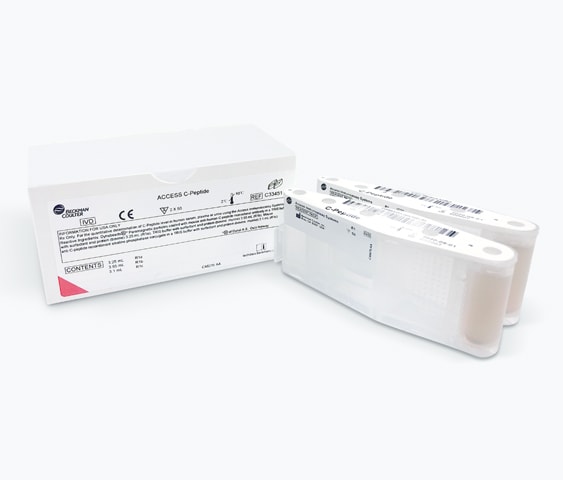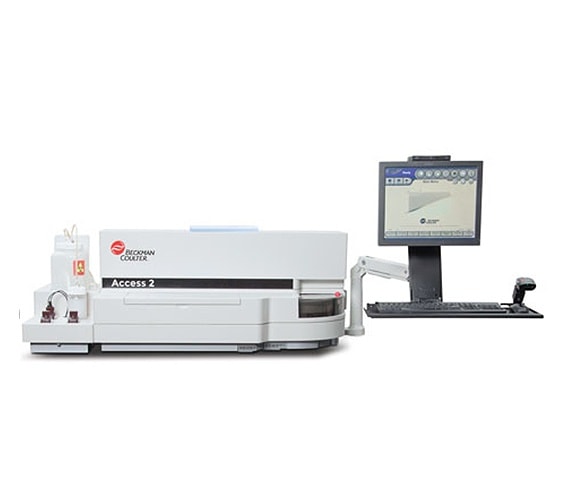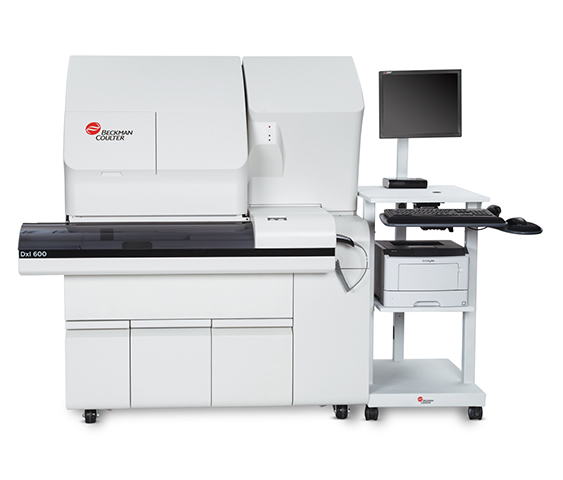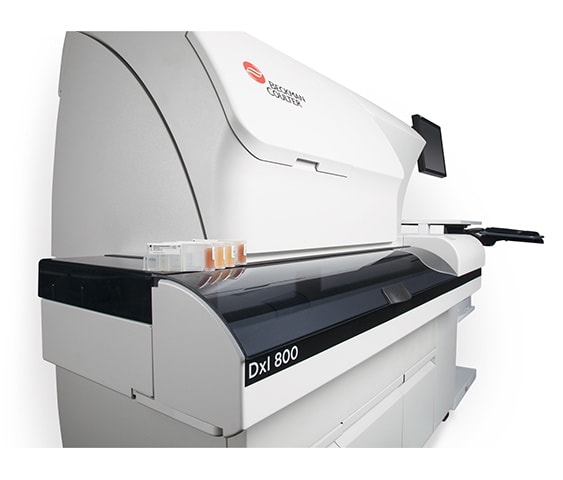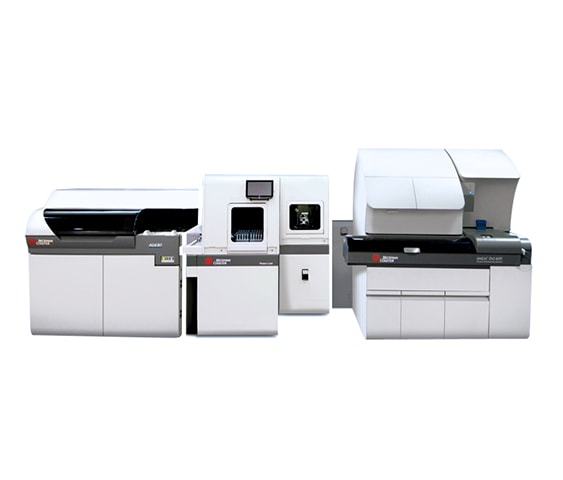Why Do Physicians Measure C-Peptide Levels?
The bodies of people with type 1 and type 2 diabetes work differently. Type 1 diabetes occurs when the cells in the pancreas no longer produce insulin. Type 2 diabetes occurs when a person's body has developed insulin resistance. Physicians consider C-peptide levels to be the most suitable measurement for assessing endogenous insulin secretion in people with diabetes.
What Do the Test Results Mean?
C-peptide and insulin are released from the pancreas at the same time, in roughly equivalent amounts. An accurate C-peptide measurement provides a quantitative assessment of the ability of pancreatic beta cells to secrete insulin.1
Therefore, knowing these levels is crucial in understanding what type of diabetes a patient has.2
How Can the Access C-Peptide Assay Help Support Patient Care and Improve Your Lab’s Efficiency?
- Deliver accurate results with each blood sample. The lowest LOQ with cutoffs for patients with risk factors for severe complications such as nephropathy, neuropathy, foot ulcers and retinopathy helps deliver accurate results for all patient types3
- Avoid potential errors. The lowest cross-reactivity of proinsulin—just 3%-minimizes false elevations3
- Streamline diabetes testing. You can run this assay on any Beckman Coulter immunoassay analyzer. This gives you the ability to run assays for insulin levels, insulin production and insulin sensitivity on the same system, to improve efficiency
 English
English


